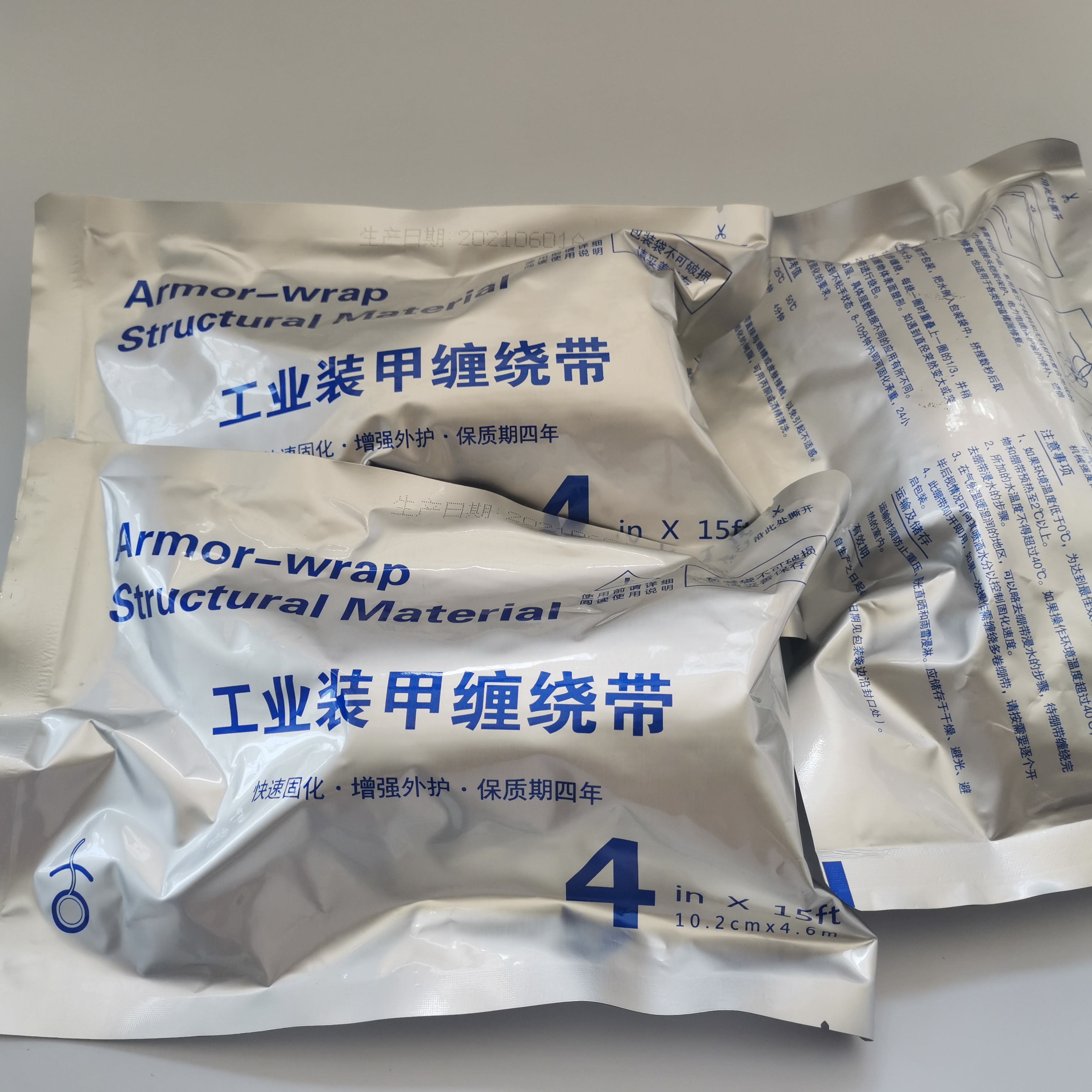Understanding Butyl Tape Rubber A Versatile Solution for Various Applications
Butyl tape rubber is a specialized adhesive tape known for its exceptional sealing properties and versatility. This self-adhesive, rubber-based tape is widely used in various industries and applications, making it a favorite among professionals and DIY enthusiasts alike. In this article, we will explore the composition, advantages, and typical uses of butyl tape rubber, providing insights into why it is an essential material for many projects.
What is Butyl Tape Rubber?
Butyl tape is composed of a blend of butyl rubber, which is synthesized from isobylene and isoprene. This gives the tape its unique properties, including excellent adherence, flexibility, and durability. Butyl tapes are designed with a sticky backing that allows them to bond effectively to different surfaces, such as metals, plastics, wood, and concrete. This adhesive nature, combined with the rubber's inherent waterproof and airtight qualities, makes butyl tape an ideal solution for sealing gaps and joints.
Advantages of Butyl Tape Rubber
1. Waterproof One of the most significant advantages of butyl tape rubber is its waterproofing capabilities. It forms a strong barrier against moisture, preventing leaks and damage in various applications. This feature is particularly beneficial for roofing and plumbing projects, where water intrusion can lead to severe problems.
2. Weather Resistance Butyl tape is resilient to extreme weather conditions, including UV exposure, heat, and cold temperatures. This weather resistance makes it suitable for outdoor applications, ensuring that it maintains its adhesive properties over time, regardless of environmental changes.
3. Flexibility The elasticity of butyl tape rubber allows it to stretch and conform to various surfaces and shapes. This flexibility makes it an excellent choice for irregularly shaped items and uneven surfaces, ensuring a tight seal.
butyl tape rubber

4. Easy to Use Butyl tape is straightforward to apply. It comes in rolls and can be cut to the desired length, requiring no special tools for installation. This ease of use makes it accessible for both professionals and DIY users.
5. Durability Butyl tape boasts a long lifespan, maintaining its integrity and adhesive properties even under stress. This durability reduces the need for frequent replacements, making it an economical choice.
Common Uses of Butyl Tape Rubber
Butyl tape rubber is extensively used in various applications, including
- Roofing It is often used to seal seams and joints in roofing systems, helping to prevent leaks and water damage. - Automotive Repairs Butyl tape is commonly utilized in automotive applications, including sealing windshields and windows. - HVAC Systems In heating, ventilation, and air conditioning (HVAC) systems, butyl tape is used to seal ducts and prevent air leaks. - Construction Projects Builders use butyl tape for insulating and waterproofing purposes, ensuring structural integrity. - Electrical Applications It provides insulation and protection against moisture in electrical connections.
Conclusion
In summary, butyl tape rubber is a highly effective sealing solution that offers numerous advantages across various industries. Its waterproofing, weather resistance, and flexibility make it a go-to choice for many applications, from construction and automotive repairs to HVAC systems. Its ease of use and durability further enhance its appeal, making butyl tape an invaluable tool for professionals and DIY enthusiasts alike. Whether you're sealing a roof or repairing a vehicle, butyl tape rubber is a reliable solution that won't let you down.
-
The Versatility of Cloth Insulation TapeNewsApr.07,2025
-
The Power of Self Amalgamating Silicone TapeNewsApr.07,2025
-
The Importance of Weatherstrip Seal: Your Ultimate Protection SolutionNewsApr.07,2025
-
Tape Electrical Insulation: A Reliable Solution for Your Electrical NeedsNewsApr.07,2025
-
Discover the Wonders of Electrical Splicing TapeNewsApr.07,2025
-
Discover the Versatility of PVC Electrical TapeNewsApr.07,2025
